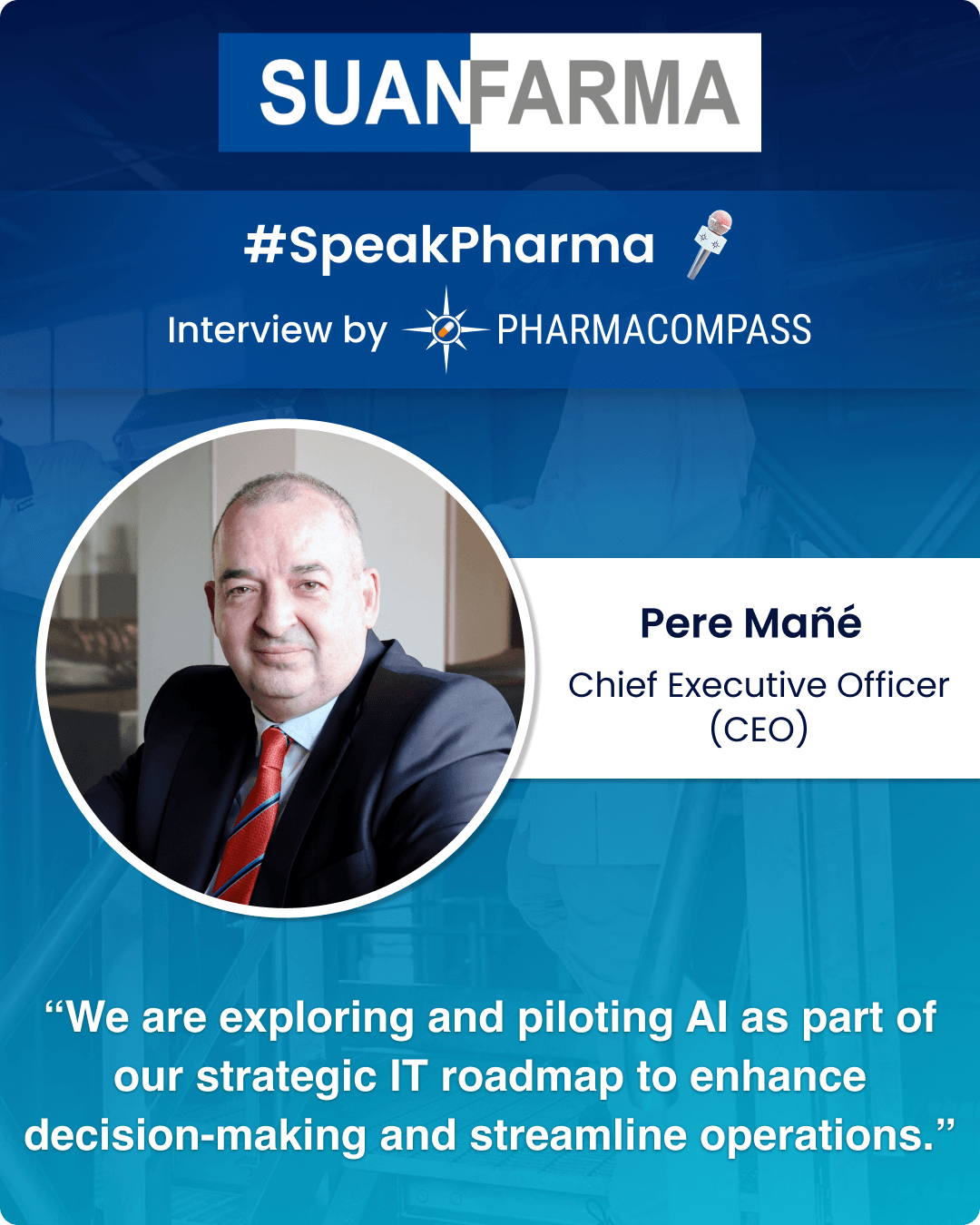
A little over six weeks ago, the period to comment on the US Food and Drug Administration’s (FDA) draft guidance entitled “Q11 Development and Manufacture of Drug Substances — Questions and Answers (regarding the selection and justification of starting materials)” came to an end.
The draft guidance, prepared under the auspices of the International Council for Harmonization (ICH), consists of questions and answers that have been developed to clarify the principles for selecting starting materials for active pharmaceutical ingredient (API) manufacturing.
As Good Manufacturing Practice (GMP) provisions apply to the manufacturing steps immediately after “API starting materials” enter the process, the decision on what qualifies as a starting material becomes critical because, in the future, the scope of all that will come under GMP scrutiny will increase.
API starting materials that had been accepted by regulatory authorities in the past, may no longer pass muster in future applications. The draft also states, “a starting material accepted for one manufacturer's process may not be considered acceptable for a different manufacturer's process”
This week, PharmaCompass interviews Parul Oza, Managing Director of CRMO Pharmatech, to better understand this incoming guidance and what it means for the industry. CRMO Pharmatech is an Ahmedabad-based company established with a vision to provide complete outsourcing solutions to the pharmaceutical industry.
Let us start by asking you — why is this guidance such a big deal for the pharma industry?
Over the past years, the API industry has promoted an outsourcing model where key building blocks were sourced from non-GMP compliant chemical factories, most often based in China. GMP compliant API manufacturing facilities, usually based in India, were only involved in the final steps of chemical synthesis.
The implementation of the ICH Q11 guidance has already started placing regulatory submissions of drug substances under the scanner as API starting materials now have to be justified against the ICH Q11 general principles.
The increased regulatory and scientific requirement is driving manufacturing away from non-GMP compliant chemical factories to companies committed to understanding the new requirements so that regulatory submissions of final drug products do not get delayed.
The regulators now look at a small number of manufacturing steps as an increased risk of contamination that needs to be addressed by the applicants in their justification for the starting material.
Changing suppliers is also becoming increasing difficult as the discussion is moving towards the risks associated with changes to the starting material synthesis.
Sourcing professionals will also have to clearly differentiate between commercially available chemicals, which are usually sold as a commodity in a pre-existing, non-pharmaceutical market and “custom synthesized chemical” which are made specifically to an API manufacturer’s requirement, as ICH Q11 makes an important distinction between these two.
Regulatory submissions generally will not need to justify the use of a commercially available chemical as a starting material, whereas a custom synthesized chemical proposed as a starting material will have to be justified in accordance with general principles of ICH Q11.
What
are the other salient features of this guideline?
ICH Q11 provides approaches to developing and understanding the manufacturing process of APIs, and also provides a direction for drug-substance manufacturers to follow while preparing their regulatory submissions.
There are requirements to describe, in sufficient detail, the choice of starting materials, design and development of the manufacturing processes, process control strategies, critical quality attributes along with approaches towards continuous improvements.
As the guideline covers such a vast range of topics, why is there so much discussion on the ‘selection and justification of starting materials’?
As the extent of GMP control will start from the starting material, the definition of the starting material becomes critical when it comes to selection of supply partners.
Not only should the partner be able to provide the necessary technical information needed by regulatory agencies in a timely manner, the partner will also have to assist in assessing the role of the starting material in the API manufacturing process and its impact on the quality of the final product, along with the impurities which occur in it.
The scientific rigor required will increase for everyone. They will have to determine which chemical transformation steps in the manufacturing process impact the impurity profile of the drug substance and where these impurities are likely to be formed or are introduced in the manufacturing process.
Adding multiple purification steps prior to a proposed starting material will not be considered appropriate in order to support its justification as the expectation of the regulators will be to carefully control (e.g., within narrow parameter ranges) the generation of impurities that could impact the impurity profile of the drug substance.
Although ICH Q11 does not specify how many steps should be performed under GMP, ICH Q11 recommends the inclusion of “multiple chemical transformation steps” in the regulatory submission in order to reduce the risk of contamination and support the effective implementation of the control strategy throughout the product lifecycle.
What
are the timelines for the implementation of ICH Q11?
The guideline reached Step 4 of the ICH process in 2012 and the question and answers are now being finalized in most countries. The deadline for comments expired in the recent months for regulators in USA, Europe, Canada, Japan, Brazil etc.
While companies like Pfizer, Amgen, Sanofi and Merck have posted responses to further modify the regulation, the guideline has already started impacting some drug product applications and will impact almost all drug applications submitted next year.
How is CRMO Pharmatech assisting its
partner/client companies prepare for this regulation?
It is important to note that in the current industry landscape, starting material manufacturers do not always have the infrastructure, scientific prowess and/or regulatory capabilities to comply with the requirements of ICH Q11.
CRMO Pharmatech is actively working to upgrade the capabilities of starting material manufacturers to better understand and comply with ICH Q11.
While complying with this new guideline increases the cost burden on various players in the supply chain, the increased costs pale in comparison to the costs associated with delayed application approvals.
Our scientific panel acts as a bridge between API manufacturers and starting material providers to help them respond to regulatory queries so that there are no delays in regulatory approvals.
We are also conducting detailed risk analysis to drive process development, monitor changes that can adversely impact product quality or regulatory submissions. We are also installing an active lifecycle management system in place.
For those attending CPhI North America in Philadelphia, Parul Oza will be at the show and can be contacted at parul@crmopharma.com
The PharmaCompass Newsletter – Sign Up, Stay Ahead
Feedback, help us to improve. Click here
“ The article is based on the information available in public and which the author believes to be true. The author is not disseminating any information, which the author believes or knows, is confidential or in conflict with the privacy of any person. The views expressed or information supplied through this article is mere opinion and observation of the author. The author does not intend to defame, insult or, cause loss or damage to anyone, in any manner, through this article.”





